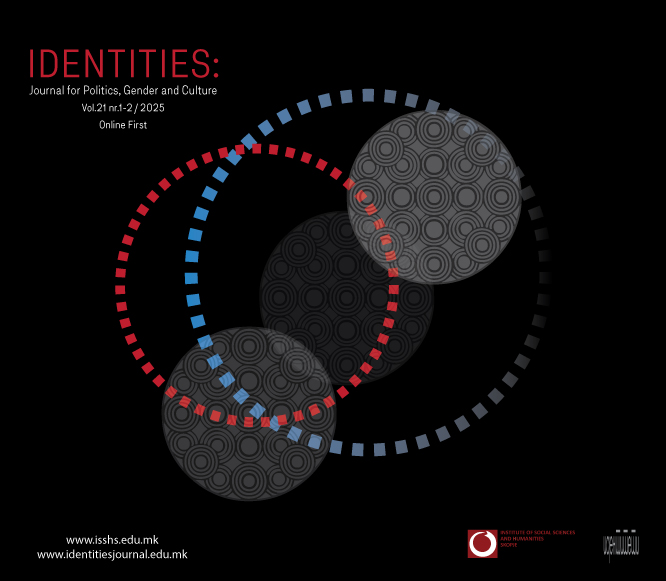From Revelation to Recursion: Reading the Apocalypse as Systemic Diagnosis
Keywords:
apocalypse, recursivity, systems theory, messianism, symptomatology, non-philosophy, containmentAbstract
The article approaches the Apocalypse of John not as prophecy, but as a symptomatology of social systems. The apocalyptic symbols—particularly the Four Horsemen—are not taken as allegories to be deciphered or as objects of philosophical truth, but as diagnostic figures that make it possible to read recurring patterns of crisis (war, economic inequity, plagues, messianisms). In this sense, the work moves within a non-philosophical perspective: the concepts of Ricoeur (the symbol that gives rise to thought), De Martino (crisis of presence, cultural apocalypses), Foucault (the productive function of discourses), and Bion (the container function) are not summoned to ground a system, but treated as theoretical materials to be recombined within an immanent dispositif. Applied to Luhmann’s systems theory, this operation shows how the Horsemen can be read as threshold markers of social persistence. In a contemporary key, they map technological messianisms, permanent wars, global inequalities, and the biopolitics of health and climate. The Apocalypse thus emerges not as an epitaph, but as a critical grammar of crisis: a recursive container that transforms the anguish of the end into an object of thought, while remaining exposed to the risk of normalizing catastrophe when captured by logics of power.

Downloads
Published
How to Cite
Issue
Section
License
Copyright (c) 2025 Identities: Journal for Politics, Gender and Culture

This work is licensed under a Creative Commons Attribution-NonCommercial-NoDerivatives 4.0 International License.
Identities is published under the following license: Creative Commons Attribution-NonCommercial-NoDerivatives 4.0 International (CC BY-NC-ND 4.0). Under this license, users of our content must give appropriate credit to authors and source as well as indicate if changes were made, cannot be used for commercial purposes, and, in the instance that it is built upon or transformed, may not be distributed. For Identities, the copyrights allow the audience to download, reprint, quote in length and/or copy articles published by Identities so long as the authors and source are cited. For more information on our license, see the following: https://creativecommons.org/licenses/by-nc-nd/4.0.








